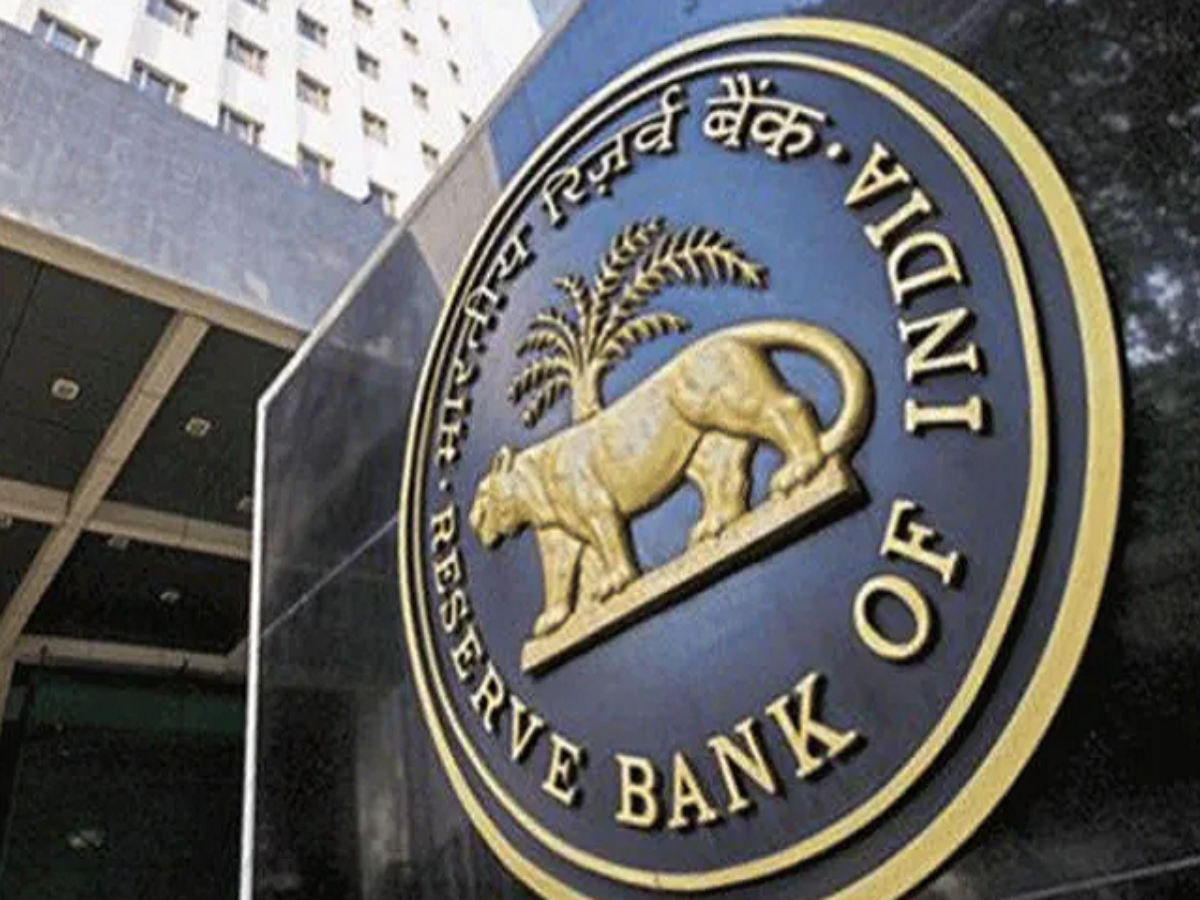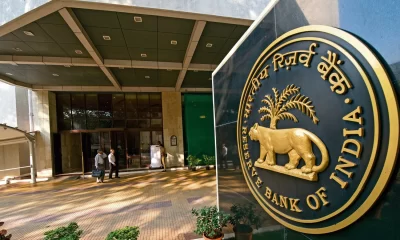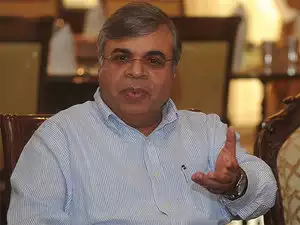The flow of bank credit to micro, small and medium enterprises (MSMEs), hit badly in the aftermath of demonetisation, is back to pre-note ban levels, according to a study by Reserve Bank of India (RBI) officials.
Growth of bank credit to the MSME sector, which had started decelerating even before demonetisation and fell significantly and turned negative in the wake of the note ban, has rebounded, Harendra Behera and Garima Wahi of the RBI’s Monetary Policy Department wrote, said a report in The Hindu.
As of 25 November 2016— just over two weeks after the 8 November announcement of demonetisation—bank credit to MSMEs had fallen by 3.4% year-on-year. By December 2016, this had plummeted further by 4.3% year-on-year.
During the April-June quarter this year, bank credit to MSMEs increased on average by 8.5% year-on-year, mirroring the level of growth during April-June 2015, The Hindu reported. Credit to micro and small enterprises grew at an even healthier rate.
“MSME credit and especially micro credit to MSMEs, including loans by banks and NBFCs, shows a healthy rate of growth in recent quarters,” the officials wrote.
In contrast, while GST implementation does not seem to have had any significant impact on credit, it adversely impacted MSME exports.
“MSME exports were affected more adversely by issues relating to GST implementation… due to delay in refund of upfront GST and input tax credit affecting cash-driven working capital requirements,” they wrote.
“The MSME sector has witnessed two major recent shocks—demonetisation and introduction of GST. Contractual labour in both the wearing apparel and gems and jewellery sectors reportedly suffered as payments from employers became constrained after demonetisation. Similarly, the introduction of GST led to increase in compliance costs and other operating costs for MSMEs as most of them were brought into the tax net,” the study explained.
MSMEs, the RBI study said, face constraints in accessing credit through formal channels because about 97% of them operate in the informal sector.
“A large number of these firms depend on informal channels because of easy accessibility and availability of credit without any documentation hassles and mortgages, though the rate of interest on such loans may be very high. The challenges faced by MSMEs in accessing finance are due to lack of comprehensive formal documentation relating to accounts, income and business transactions,” said a report in Live Minit quoting from the latest Mint Street Memo, brief reports on topical subjects.
Loans are provided to the MSMEs mainly through appraisal of collaterals rather than an assessment of their true business potential. “Further, banks do not trust start-ups, view such loans as risky and thus do not prefer extending finance to MSMEs,” it added.
In the formal financial sector, MSMEs receive loans mainly from banks (around 90%). The study found that the share of credit provided by banks has declined since September 2016 partly reflecting the risk aversion of banks due to a deterioration in their asset quality. “In contrast, loans extended by non-banking financial companies (NBFCs) to MSMEs grew strongly at an annual average rate of 35% during the same period and their share in total credit almost doubled from around 5.5% in December 2015 to around 10% by March 2018. Lower non-performing assets (NPAs) of NBFCs in MSME credit might have helped them in extending credit to the sector,” the study said.
It said the share of credit extended to MSMEs in overall bank credit had declined to around 14% by end-March 2018 from about 17% in 2007 which could partly be due to over-lending to large corporates in the second half of the 2000s.
Bad loans of both public sector banks and private banks pertaining to the MSME sector have increased over time, with the level being much higher in the case of PSBs.
The MSME sector comprises more than 63 million units and employs about 111 million people. The share of MSMEs in GDP is about 30%, with the sector accounting for about 45% of manufacturing output and about 40% of India’s total exports.
“The sector faces operational problems due to its size and nature of business, and is, therefore, relatively more susceptible to various shocks to the economy. MSMEs largely operate in the informal sector and comprise a large number of micro enterprises and daily wage earners,” the RBI officials wrote.


 India News2 hours ago
India News2 hours ago
 LATEST SPORTS NEWS1 hour ago
LATEST SPORTS NEWS1 hour ago
 India News1 hour ago
India News1 hour ago
 India News1 hour ago
India News1 hour ago















